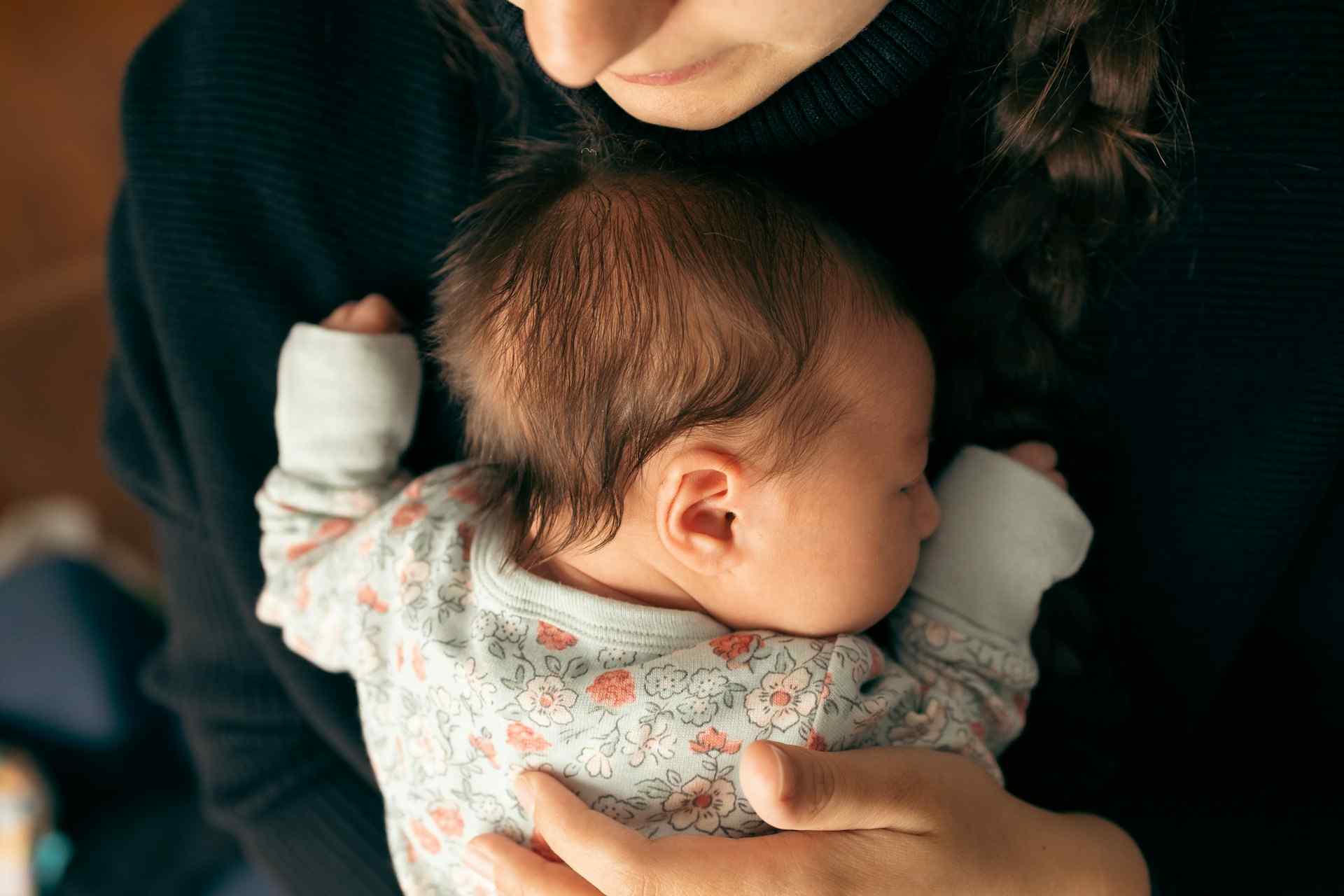The Importance of Godly Female Friendships
If you’re a woman, you’ve probably grown up watching examples of tightly bonded female friendships on television. These fictitious bonded pairs make having a bestie look appealing. You relax on your sofa watching Monica and Rachel unequivocally support each other, even through bizarre circumstances, and read the story of Anne Shirley and Diana Barry, whose bond spanned a lifetime. You’ve probably longed for a friendship like this, but finding a friend who will be with you through thick and thin, in good times and bad, isn’t as easy as it is on a television screen or in the pages of a book. As Christians, we shouldn’t be looking to these secular examples of friendship anyway, right? We should be looking for something different from our friendships than helping move a sofa up some stairs or forgiving someone when they accidentally get you drunk off currant wine. But as members of society, we have been conditioned to think that this cultural definition of friendship is the goal. We’ve been told that these examples are the ultimate showcase of true friendship. And while these examples of friendships are funny and heartwarming, a true godly friendship not only warms your heart but draws you closer to the keeper of your heart, God. Ruth and Naomi (Ruth 1-4) In the story of Ruth and Naomi, Ruth didn’t just stick it out with Naomi because it was convenient. No, she left behind everything familiar (homeland, security, and her culture) to walk with Naomi into the unknown. That’s not small talk over a frappe, but is self-sacrificing, ride or die loyalty that was rooted in faith in God. Their friendship was not just an emotional bond, but love in action. Ruth humbly gleaned the fields to provide for Naomi, showing her devotion to her through [...]












